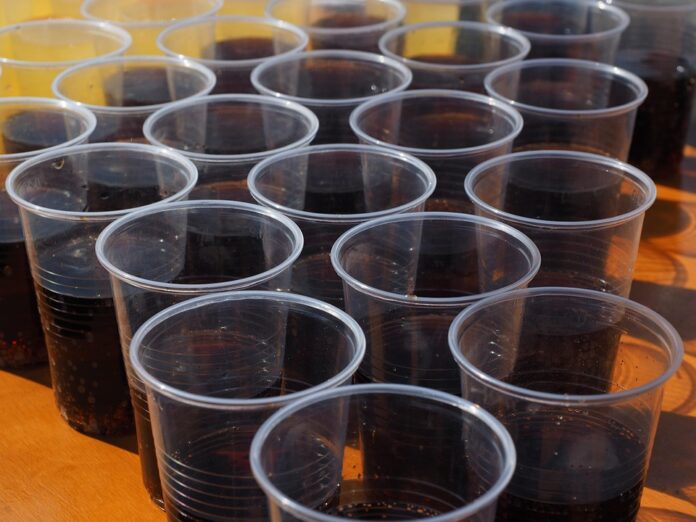Overview of Smart Caps and Dosing Lids in Customizable Wellness Drinks
In recent years, the health and wellness industry has seen a surge in interest in customizable wellness drinks. These beverages offer consumers the ability to tailor their drink to their specific needs, whether it be for energy, hydration, relaxation, or other health benefits. One key innovation that has contributed to the rise of customizable wellness drinks is the use of smart caps and dosing lids.
What are Smart Caps and Dosing Lids?
Smart caps and dosing lids are technological advancements in beverage packaging that allow for precise dosing of ingredients into a drink. These caps and lids are equipped with sensors, microprocessors, and connectivity features that enable them to interact with the drink and the user.
Smart caps are designed to dispense specific amounts of liquid or powder ingredients into a drink, ensuring accuracy and consistency in each serving. Dosing lids, on the other hand, are designed to release ingredients at specific intervals or in specific quantities, allowing for a customizable experience for the consumer.
Benefits of Smart Caps and Dosing Lids
The use of smart caps and dosing lids in customizable wellness drinks offers several benefits to both consumers and manufacturers. For consumers, these innovative packaging solutions provide convenience, customization, and precision in creating their ideal drink. They can easily adjust the amount of ingredients they want in their drink, experiment with different flavors and formulations, and track their consumption for better health management.
For manufacturers, smart caps and dosing lids offer opportunities for product differentiation, personalization, and data collection. By incorporating these technologies into their packaging, manufacturers can attract tech-savvy consumers, create unique selling points for their products, and gather valuable insights on consumer preferences and behavior.
Industry Insights on Smart Caps and Dosing Lids
The market for smart caps and dosing lids in customizable wellness drinks is growing rapidly, driven by increasing consumer demand for personalized nutrition and convenience. According to a report by Grand View Research, the global smart packaging market is expected to reach $52.83 billion by 2028, with a compound annual growth rate of 7.9%.
Several companies in the beverage industry have already embraced smart caps and dosing lids in their products. For example, LifeFuels, a US-based wellness company, offers a smart water bottle with customizable flavor pods that can be dispensed through a smart cap. Another company, Drinkfinity, a brand owned by PepsiCo, uses dosing lids to release liquid concentrates into a reusable bottle, allowing consumers to create their own flavored drinks.
Financial Data on Smart Caps and Dosing Lids Companies
LifeFuels, founded in 2014, has raised over $10 million in funding from investors such as The Coca-Cola Company and Camelback Ventures. The company’s smart water bottle and flavor pods have gained popularity among health-conscious consumers seeking personalized hydration solutions.
Drinkfinity, launched in 2017, has seen success in the market with its innovative dosing lid technology. The brand has expanded its product line to include a variety of flavors and formulations, catering to different consumer preferences.
Future Outlook for Smart Caps and Dosing Lids
As technology continues to advance and consumer preferences evolve, smart caps and dosing lids are expected to play a significant role in the future of customizable wellness drinks. Manufacturers will likely invest more in research and development to enhance the functionality and user experience of these packaging solutions, leading to a wider adoption among consumers.
Overall, smart caps and dosing lids offer a unique combination of convenience, customization, and innovation in the beverage industry. With the potential for continued growth and innovation, these technologies are poised to reshape the way consumers interact with their drinks and achieve their wellness goals.




